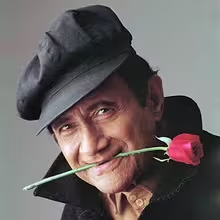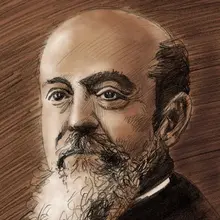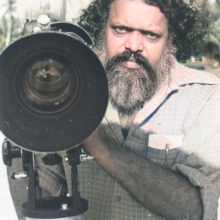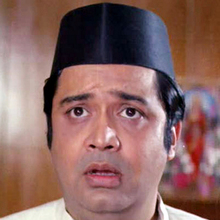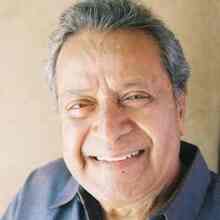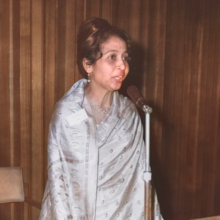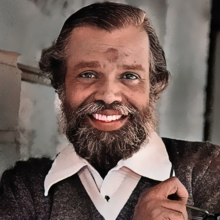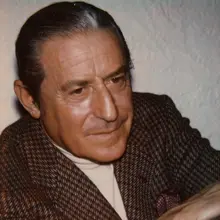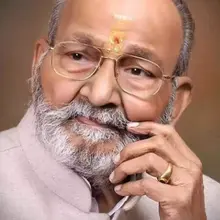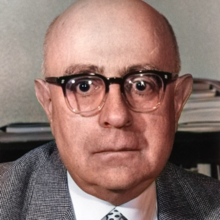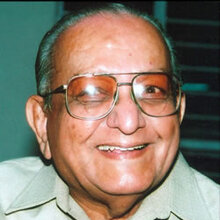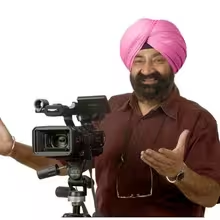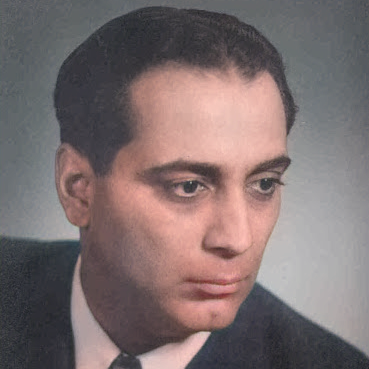
Personal
Other names:
Job / Known for:
nuclear physicist and founding director of TIFR
Left traces:
nuclear energy and weapons programme
Born
Date:
1909-10-30
Location:
IN
Bombay, British India
Died
Date:
1966-01-24 (aged 57)
Resting place:
CH
Mont Blanc
Death Cause:
Air India Flight 101 crash
Family
Spouse:
Children:
Parent(s):
Jehangir Hormusji Bhabha (father) and Meherbai Framji Panday (mother)
QR Code:
 My QR code:
Homi Jehangir Bhabha
https://DearGone.com/11336
My QR code:
Homi Jehangir Bhabha
https://DearGone.com/11336
Key Ownner:
Not yet supported by key owner
Show More
Rank
Users ranking to :
Thanks, you rate star
Ranking
5.0
1
Fullname
Homi Jehangir Bhabha
Fullname NoEnglish
होमी जहांगीर भाभा
Slogan
No struggle can ever succeed without women participating side by side with men
About me / Bio:
Show More
Article for Homi Jehangir Bhabha
Died profile like Homi Jehangir Bhabha
Comments:
